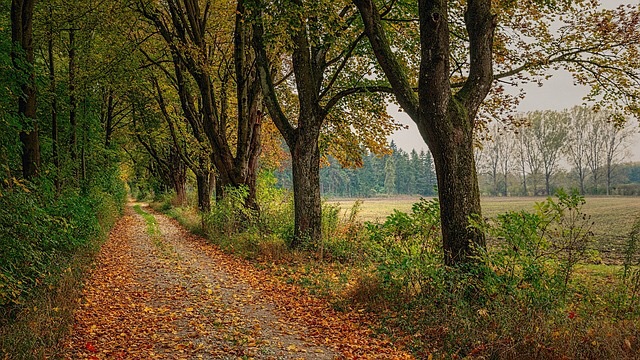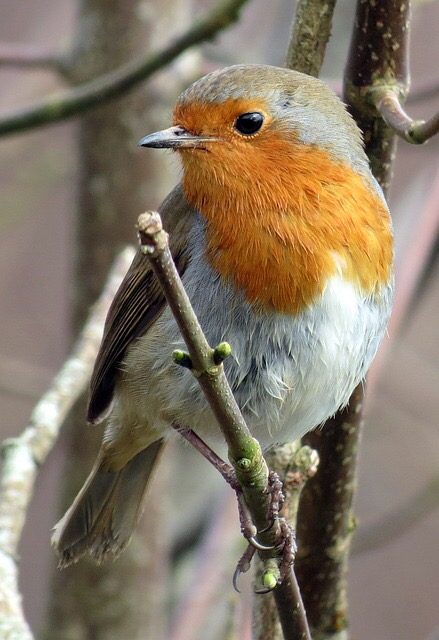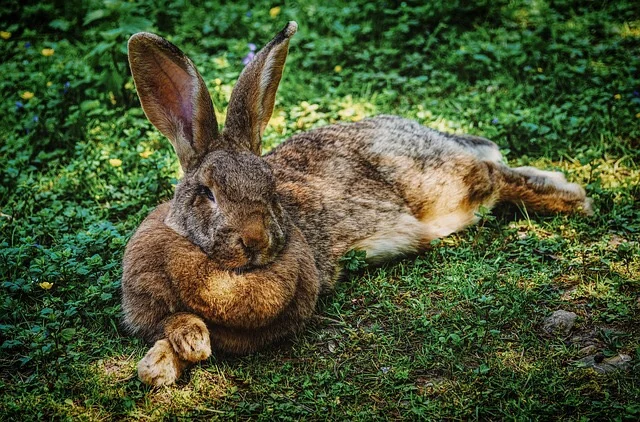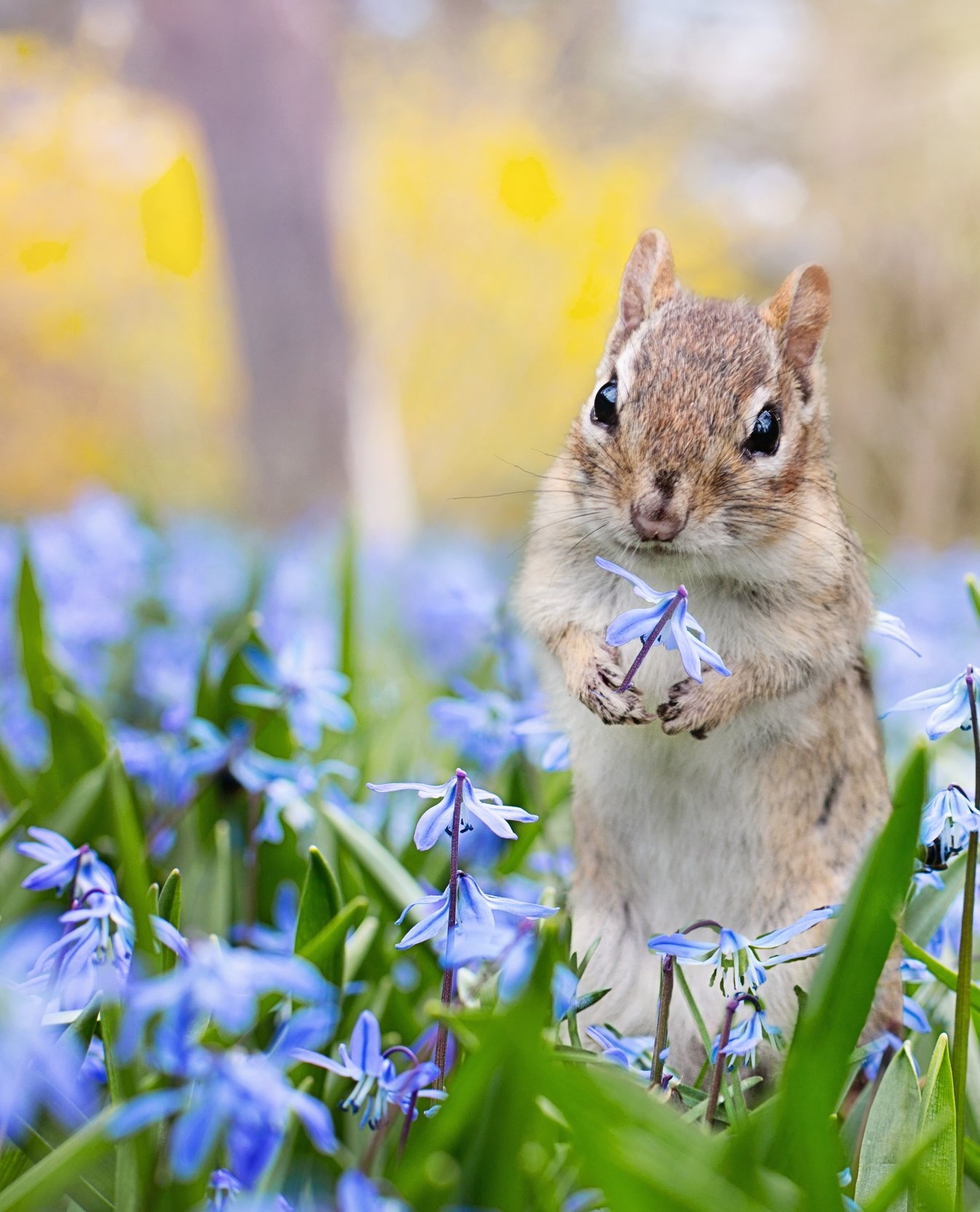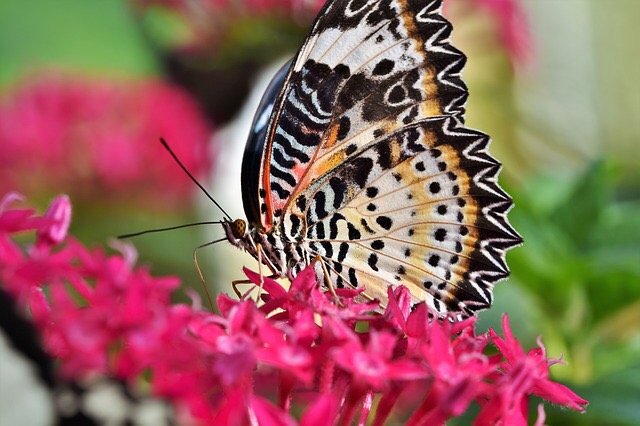This month for our vacation issue, I wanted to review a book that would be useful for people who want to spend more time outside. I’ve had The Lost Art of Reading Nature’s Signs by Tristan Gooley on my e-reader for a while and I decided this would be the perfect month to feature it in This Awful Awesome Life.
Tristan Gooley is an author and natural navigator.He has written for the Wall Street Journal, the New York Times, the Sunday Times, the BBC and several magazines. He has led expeditions in five continents, climbed mountains in Europe, Asia and Africa. Gooley is a pilot and a trained sailor.
According to his website, “He is the only living person to have both flown solo and sailed singlehanded across the Atlantic and is a Fellow of the Royal Institute of Navigation and the Royal Geographical Society.”
Gooley’s inspiration for writing this book comes from a lifetime of observation. He admits when he first started taking nature walks, he wasn’t fully aware of his surroundings. He was focused on where he was going without picking up the many clues nature was giving him about the weather or any danger that might be waiting for him along the trail.
If you want to learn something about navigation, Tristan Gooley is the expert you want as your guide.
The Lost Art of Reading Nature’s Signs is probably not a book you would choose to read in one sitting, but it’s an interesting and useful guide to understanding what nature can tell us about finding our way around, predicting the weather, finding water, and tracking animals. When I mention tracking animals, I’m not referring to hunting them. It’s important to know where bears or mountain lions are likely to be, so we can steer clear of their paths. Non-predators can lead us to water or food and away from predators.
If you are a hiker, this book could save your life.
The more time we spend working in our offices and driving in our cars the farther we get away from the basics of nature.
Do you know what lichen can tell you about air quality?
The presence of several different types of lichen indicates fresh air and particular types of lichen can also tell you about the moisture in the air and the amount of available shade in the area. Some lichens only grow in north facing environments which can help you find your way.
Butterflies rarely fly in the rain and they are hypersensitive to changes in temperature. Different varieties of butterflies prefer temperature ranges and they will fly at different altitudes. Why is this important? It helps you be aware of temperature changes and you can roughly gauge the elevation.
Birds always fly away from danger, so if you are hiking and see several birds suddenly take flight in the same direction use caution because they sense a predator and it might not be you. Rabbits thump their feet in warning when they perceive danger. Squirrels make different warning sounds depending on whether the perceived predator is airborne or ground-based.
Gooley also discusses stars and cloud formations as weather indicators and explains how to navigate using the constellations. This is a chapter I will have to read and reread several times because for the life of me, I can barely make out the Big Dipper or the Little Dipper.
Gooley even has a section about navigating in the city.
According to Gooley, “Brick chimneys, especially those constructed of lime and mortar, have a tendency to lean a little north with time.” So, if you lose your way in an older part of town you can determine which direction to go by looking at the chimneys.
These handy tips are a sample of the useful information found in this book, but don’t miss the real message here. Slow down; open your eyes and ears to your surroundings. Breathe in the air, take a break from technology and really appreciate this wonderful world of ours. You’ll experience more of life and you never know when it may come in handy
Gooley is also the author of the award-winning and bestselling books, The Natural Navigator (2010), The Walker’s Guide to Outdoor Clues & Signs (2014), How to Read Water(2016) and Wild Signs and Star Paths (2018). Be sure to visit his website, https://www.naturalnavigator.com/tristan-gooley/.






